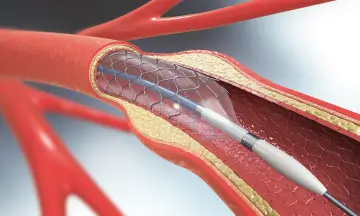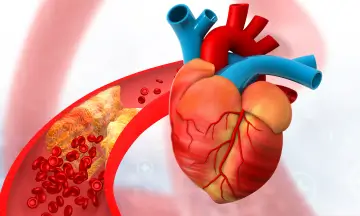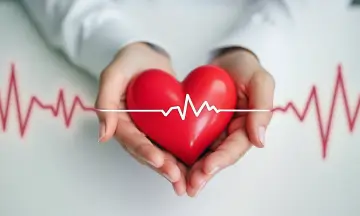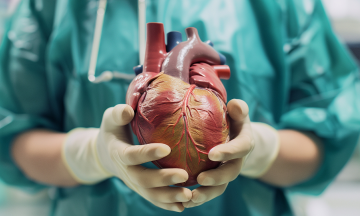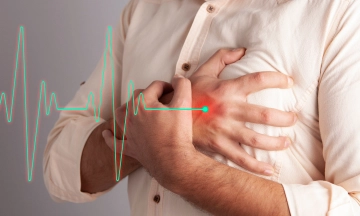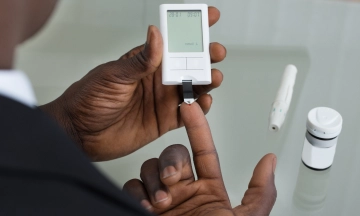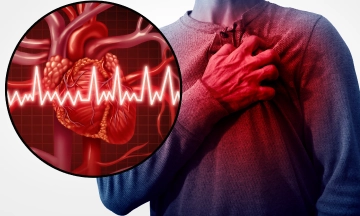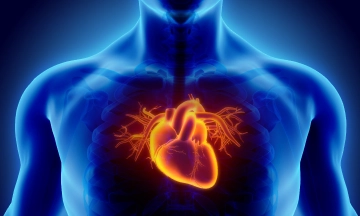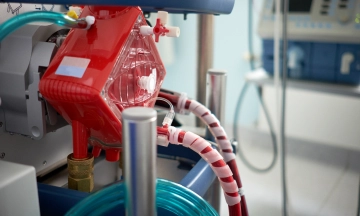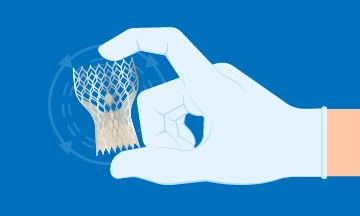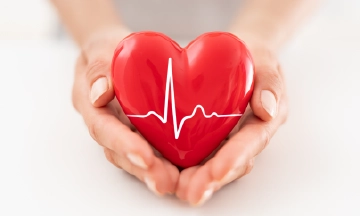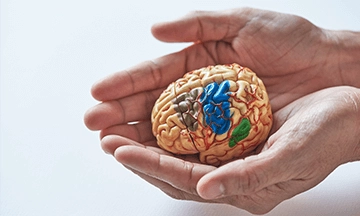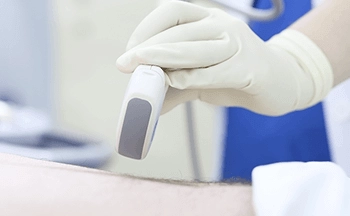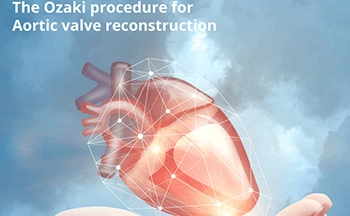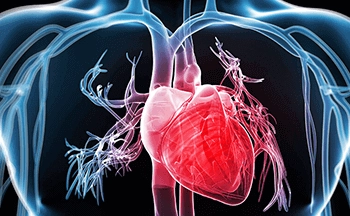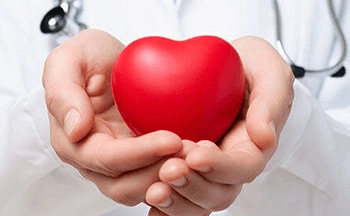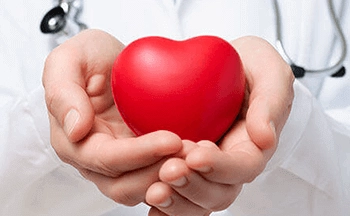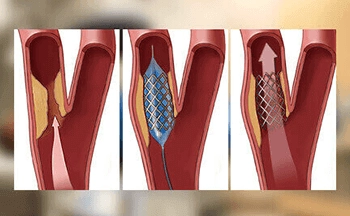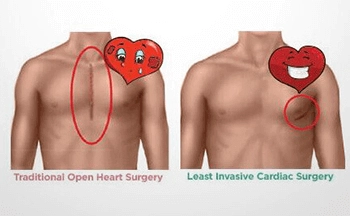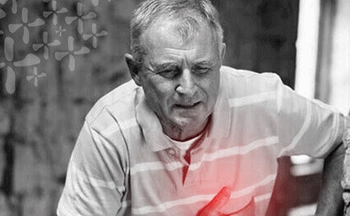
The terms heart rate and pulse rate are often used interchangeably, and while they are closely related, they are not exactly the same. Both are important signs of heart health and can help you figure out how well your heart is working. Knowing the difference between the two can help people keep better track of their health and spot problems early on.
What is Heart Rate?
The number of times the heart beats per minute (bpm) is called the heart rate. It shows how often the heart beats to send blood around the body. An electrocardiogram (ECG), a heart rate monitor, or feeling the pulse by hand are all common ways to measure heart rate.
Normal Range of Heart Rate
A healthy adult's heart rate at rest is usually between 60 and 100 beats per minute. But this can change depending on things like age, fitness level, medication, and general health. Due to better heart function, well-trained athletes may have a resting heart rate as low as 40–60 beats per minute.
What is Pulse Rate?
Pulse rate is the number of times the arteries expand and contract in response to the heart pumping blood. In simple terms, it's the rhythmic throbbing that you can feel in some parts of your body, such as your wrist or neck. Each pulse is the same as a heartbeat, which is why pulse rate is typically used to estimate heart rate.
Normal Range of Pulse Rate
The usual resting pulse rate for most adults is 60 to 100 beats per minute, just as the heart rate. It can also be affected by how much you move, how stressed you are, how hot it is, and how healthy your heart is.
Pulse Rate vs Heart Rate: The Difference
Pulse rate and heart rate are quite similar and often have the same number, but they are not the same thing. It's crucial to know the difference between them, especially when it comes to dealing with clinical concerns. Here are some key differences between heart rate and pulse rate:
|
Pulse Rate
|
Heart Rate
|
|
By definition, pulse rate is the number of times blood vessels expand and contract within one minute.
|
Heart rate, on the other hand, refers to the number of heart contractions in one minute.
|
|
Professionals usually measure pulse rate by keeping a finger on the pulse points, like the wrists or neck.
|
Heart rate can be measured by the advanced tools, including a heart rate monitor or an electrocardiogram.
|
|
If you have an abnormal pulse rate, it might be a sign of shock or dehydration.
|
An abnormal heart is a sign that the individual might have underlying heart conditions like arrhythmia.
|
|
From the pulse rate, doctors get information regarding the vascular and cardiovascular health.
|
Heart rate mainly provides important information regarding heart health.
|
Factors that Affect Heart Rate and Pulse Rate
Several physiological and external factors can influence both heart rate and pulse rate:
- Exercise: Activity raises both rates for a short time.
- Emotional Stress: Anxiety and stress might raise the rates.
- Body Temperature: A fever can make your heart rate and pulse rate go up.
- Age: As people get older, their heart rate usually goes down.
- Level of fitness: People who are in good shape usually have a lower resting rate.
- Medical Conditions: Conditions including thyroid problems, heart illness, or dehydration might change rates.
FAQs
1. Are pulse rate and heart rate the same?
The heart rate is the number of times the heart beats in a minute, while the pulse rate is the number of times you feel the beating in the arteries. They are normally the same in healthy people; however, they might be different at times.
2. What is the normal range for heart rate and pulse rate?
Most people have a resting heart rate and pulse rate between 60 and 100 beats per minute.
3. How much heart rate is normal?
In adults, a normal heart rate ranges from 60 to 100 beats per minute.
4. Which pulse rate is too high?
In adults, a resting pulse rate that stays above 100 beats per minute is usually too high. If it's not due to activity, stress, or excitement, it could mean a health problem.
5. What is a good walking heart rate?
A good heart rate while brisk walking is usually between 100 and 130 beats per minute, depending on how old you are and how fit you are. It should go back to normal soon after you stop.










